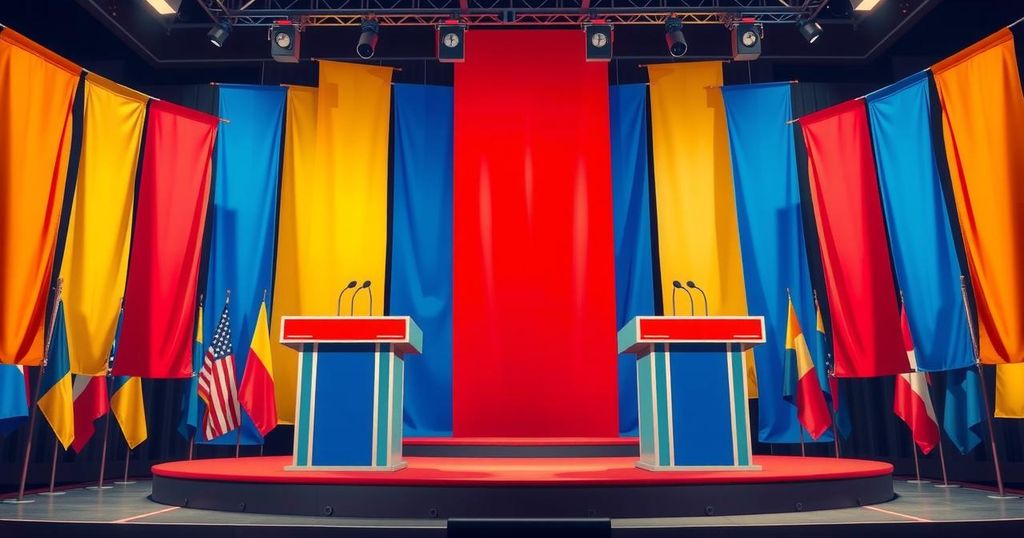Ecuador’s 2025 Presidential Runoff: A Critical Choice for Voters
Ecuador’s 2025 presidential runoff on April 13 features incumbent Daniel Noboa competing against Luisa González after both garnered approximately 44% of votes in the first round. With the National Assembly split between their respective parties, coalition building will be essential for legislative progress. Key issues include security, employment, and energy supply, which will heavily influence voter preferences.
In Ecuador’s upcoming presidential runoff on April 13, voters will choose between incumbent President Daniel Noboa and former Assemblywoman Luisa González amidst significant social and economic challenges. Noboa, who narrowly led the first round with approximately 44% of the votes, will face González, who also secured a similar percentage. Notably, Indigenous candidate Leonidas Iza finished third with 5%, influencing the runoff dynamics but declining to endorse either candidate.
Both candidates will confront a divided National Assembly, with Noboa’s National Democratic Action party holding 66 seats and González’s Citizen Revolution party winning 67. Neither party secured a majority, as 76 votes are needed in the expanded 151-seat Assembly. This division suggests they will need to seek alliances, particularly with Iza’s Pachakutik party, which holds nine seats, to achieve their legislative objectives.
The candidates differ in their political platforms and proposed policies, especially concerning critical issues such as security, employment, and energy supply. Experts, including Brookings’ Vanda Felbab-Brown, are analyzing Noboa’s hardline security measures, reminiscent of strategies employed by regional leaders. As the nation gears up for the elections, the outcome will significantly influence Ecuador’s immediate future in addressing pressing socio-economic concerns.
The forthcoming 2025 presidential runoff in Ecuador presents a clear choice between the existing leadership of Daniel Noboa and the alternative represented by Luisa González. Both candidates bring forward contrasting perspectives on vital issues, and they must navigate a fragmented legislative landscape. The voters’ decision will not only determine the presidency but will also shape the country’s response to ongoing security and economic challenges.
Original Source: www.as-coa.org




Post Comment